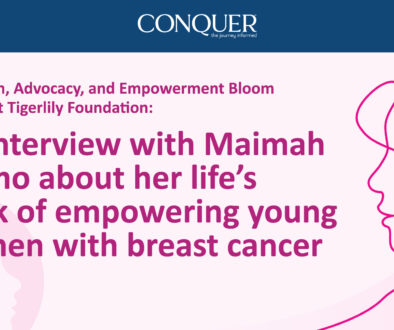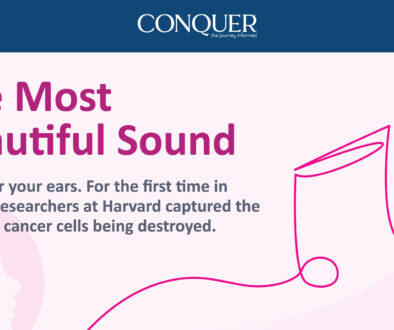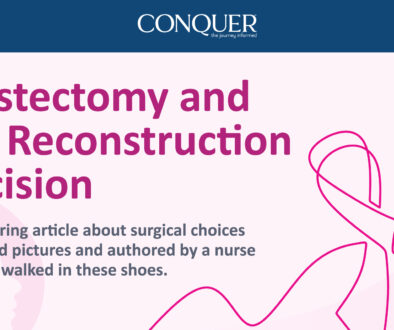#TLCTransform Chat: Do Black Lives Really Matter Everywhere? Equity, Access, and Advocacy in Cancer
The Tigerlily Foundation hosted #TLCTransform Chat: Do Black Lives Really Matter Everywhere? Equity, Access, and Advocacy in Cancer, on June 17th, 2020. An impressive panel of patient advocates, physicians, and researchers explored the themes of health equity, access, and advocacy in the context of cancer treatment and how these three factors intersect with outcomes for Black patients.
- Maimah Karmo, President, Tigerlily Foundation
- Ricki Fairley, Thought leader & Patient Advocate
- Dr. Monique Gary, Oncoplastic Breast Surgeon & Cancer Disparities Researcher
- Keylakourage, MBC Patient Advocate
- Keith Crawford MD, PhD,
- Physician Scientist & Director of Clinical Trials and Education at Prostate Health Education Network
T1 Health Equity: what is it and how does it apply when it comes to Black lives and cancer?
What is Health Equity?
May 1, 2017 Publisher: Robert Wood Johnson Foundation
In a report designed to increase consensus around meaning of health equity, the Robert Wood Johnson Foundation (RWJF) provides the following definition: “Health equity means that everyone has a fair and just opportunity to be as healthy as possible. This requires removing obstacles to health such as poverty, discrimination, and their consequences, including powerlessness and lack of access to good jobs with fair pay, quality education and housing, safe environments, and health care.”
Author(s): Braveman P, Arkin E, Orleans T, Proctor D, and Plough A
T2 Access to health care: Black patients face barriers. This includes access to meds, to treatment centers, transportation, clinical trial education, financial toxicity etc.
The community agreed that social aspects of health resource allocation profoundly shape how Black patients experience cancer treatment, but that’s not the only force shaping outcomes. The availability of points of care and the means to enter them isn’t enough to make access happen. Social Determinants of Health and unhelpful mindsets reach right into treatment and support spaces. Everything that happens to patients and their communities happens in society, and that can’t help but matter.
T3 Advocacy: Patient advocates, caregivers, advocacy organizations, and many clinicians are tireless advocates working to help strike down barriers to access and equity.
Advocates make themselves conspicuous and consequential wherever decisions about health are being made. In their view, this should include medical research, support for patients and care partners, funding, advancing awareness, and anything else that could possibly effect health.
Key Community Insights
The community offered a sobering analysis of the life and death struggle patients and care partners face without adequate health equity. There are no cheat codes to beat the crushing impact of racism, sexism, poverty, stigma, or other thieves of health equity. And there is no time to lose. Each of these tweets contains its own urgent call to action because patients are sick now and help can’t wait.



